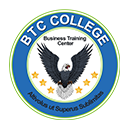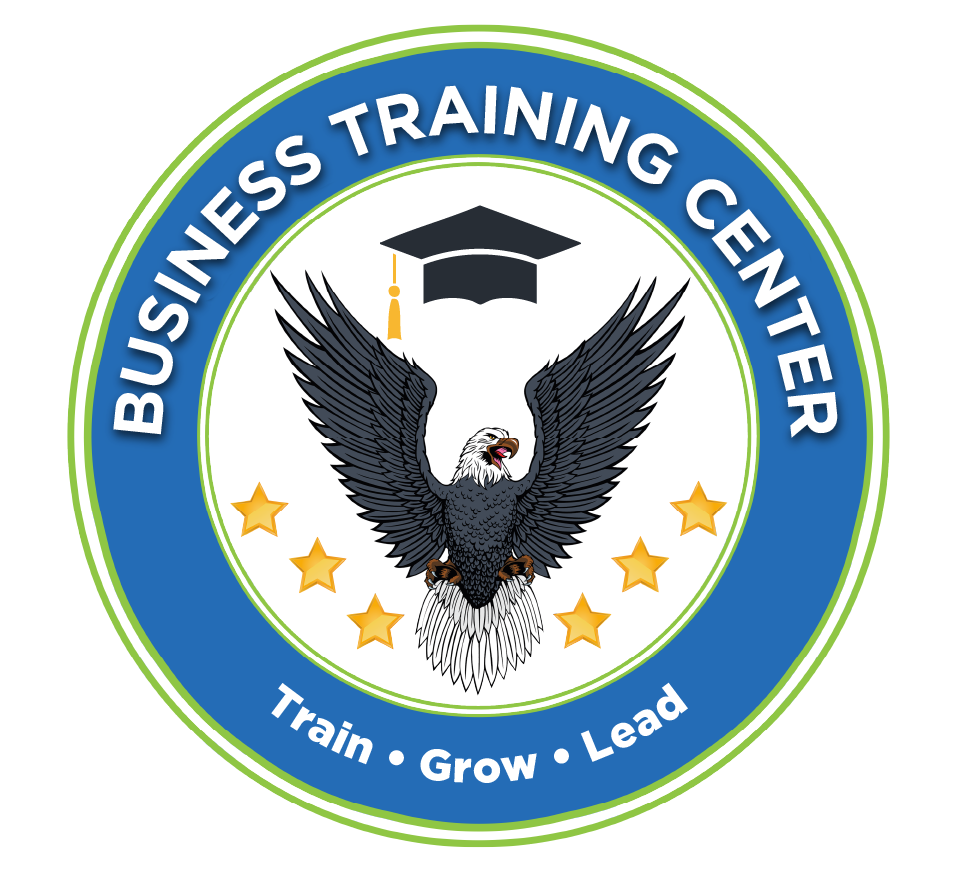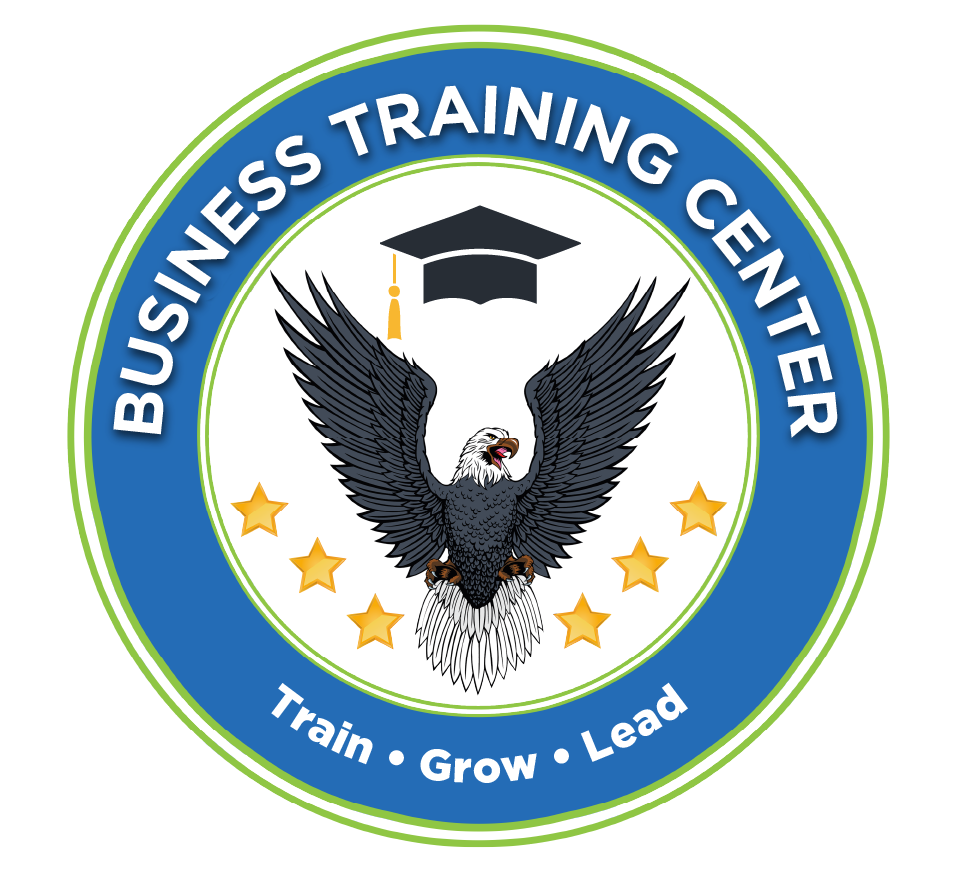Quickly learn the principles and applications of cost accounting and how to apply these valuable and important concepts to increase productivity, profit and efficiency.
This Program clearly and concisely introduces the principles and purposes of cost accounting so they can be applied in practical business situations by a wide range of people including finance/accounting personnel, managers, men and women involved in production and manufacturing, and many others. Within a short period of time you can become a valued and professional person proficient in cost accounting practices and techniques. The Program covers cost accounting methods for manufacturing, services, private, governmental, not-for-profit and trading organisations, with many examples which clearly illustrate and explain the relevant techniques and concepts in a clear easy-to-follow way; it explains how to understand, deal with, and allocate different costs in order to make sensible and helpful business and operational decisions; it also shows how costing complements management and financial accounting.
SUMMARY OF MAJOR TOPICS
- Cost accounting – its scope and definition.
- Cost accounting techniques and relationship to budgeting.
- Appraisal of benefits and methods of cost accounting.
- Cost accounting terminology; classification of costs, overheads, direct costs, total costs.
- Dealing with cost centres and cost units.
- Cost behaviour in different circumstances, distinguishing differences between types of costs.
- Classes of costs, prediction and analysis of costs, methods and models for handling costs.
- Labour costs, remuneration methods for workers, output, hours, direct and indirect costs.
- Material costs; pricing methods, FIFO, LIFO, AVCO, replacement costs .
- Stock valuation, just-in-time stocks.
- Absorption costing; overheads, rates of absorption, application to cost units and centres.
- Absorption costing for non-manufacturing organisations.
- Activity based costing; overheads, AMT, cost drivers, activities, the business environment.
- Marginal costing, revenue statements, contribution, ratios, breakeven analysis, safety margin.
- Marginal costing short-term decision making, make or buy, single orders, shortages, factors.
- Planning, budgeting; framework, process, control, integration, data, zero-based, activity-based.
- Standard costing and variance analysis, investigation, causes, appraisal.
- Capital investment appraisal; discounted cash flows, ARR, IRR, NPV, payback, risk.
For more news & information on accreditation approval , endorsement, recognition for Cambridge International College.


